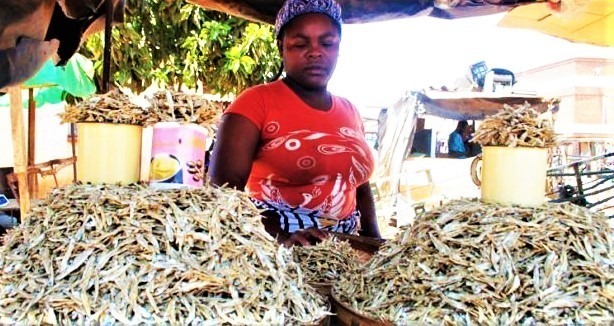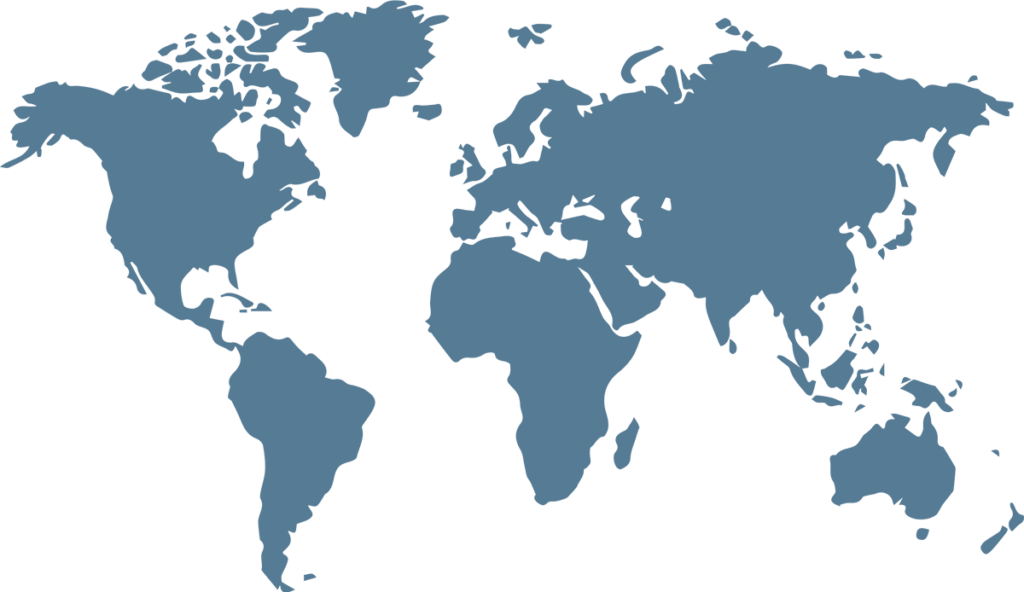Diplomat Correspondent
FISH farming is a lucrative enterprise on which millions of people and economies rely in Sub Sahara Africa, however, the viability of this venture faces threats due to climate change.
The lowering of water levels of the world’s largest man-made water body, Lake Kariba experienced in the past few years, spare for this year, has affected fish breeding processes and populations, negatively affecting communities solely relying on the fish industry, Food and Agriculture Organisation has warned.
According to the Food and Agriculture Organisation of the United Nations (FAO), urgent adaptation measures are required in response to opportunities and threats to food and livelihood provision due to this climatic variation.
“There is evidence that global warming is changing the thermal regimes of tropical lakes, between 1986 and 2011 the mean temperature of the lake rose by 0.7 °C, a rate equivalent to 0.03 °C y−1, these changes appear to have disrupted the thermal regime which now seems to be less predictable than before,” FAO says.
The same report suggests that warming in Lake Kariba due to climate change has strengthened stratification and has caused the thermocline to rise, reducing the productivity of the fisheries.
“Climate change is a compounding threat to the sustainability of capture fisheries and aquaculture development,
“Impacts occur as a result of both gradual warming and associated physical changes as well as from frequency, intensity and location of extreme events, and take place in the context of other global socio-economic pressures on natural resources” reads the report.
Lake Kariba is shared by two neighboring Southern African countries, Zimbabwe and Zambia
Research Gate, an aquifer research institute posits that in communities like Kariba which largely depend on fisheries for sustaining livelihoods, climate change disrupts the whole system retarding community development.
“Inland fisheries are important for nutrition, employment, and income, but climate variability and change are adding to other stressors, such as overexploitation, pollution, habitat degradation, and invasive species, to threaten their productivity as well as livelihoods of fisheries-dependent communities,
“Understanding the whole socio-ecological system to enable communities to adapt and build resilience is therefore vital” reports Research Gate.
The World Bank report released in 2018 submitted that with current trend where rainfall has been decreasing at a rate of 0,63 millimeters per annum in the region that the lake occupies and evaporation rates that have risen by an estimated 31 per cent explains evidence of a decline in the lake’s water levels.
“Research has even raised the possibility of fish supply significantly declining over the next decades, because of the combination of climate change and the hydropower network,” World Bank reported.
This prompts an urgent need for solemn ways to reduce the impact of climate change on fisheries, which calls for timeous formulation and implementation of sustainable mitigation initiatives to serve the dying industry.
Awakening to this situation, the Panos Institute of Southern Africa based in Zambia came up with an initiative to support mitigating fish depletion by strengthening fish farming as a means to restore fish populations within the Lake Kariba community.
“Realizing the far-reaching threats presented by fish depletion in water bodies like lakes and rivers, Panos Institute Southern Africa has supported the community members along the Zambezi Valley to adopt fish farming as one of the solutions,
“Panos is working with the local fisheries departments and experts to support the communities to adopt fish farming to meet the demand for fish for local consumption and sale,
“The success of fish farming will make a big difference in these two districts where livelihoods for the majority of community members revolve around fishing,
“This will also reduce the pressure on Lake Kariba and the Zambezi River which have experienced significant declines in capture fish outputs”, said Lilian Saka Kiefer Executive Director, Panos Institute Southern Africa (PSAf)
Growing evidence pointing out temperature increase in the water body’s catchment areas gives weight to Ecologists’ notion that the influence of climatic variables, such as rainfall, temperature and evaporation rates, are also exerting pressure on the fish industry, consequently affecting dependent livelihoods.

